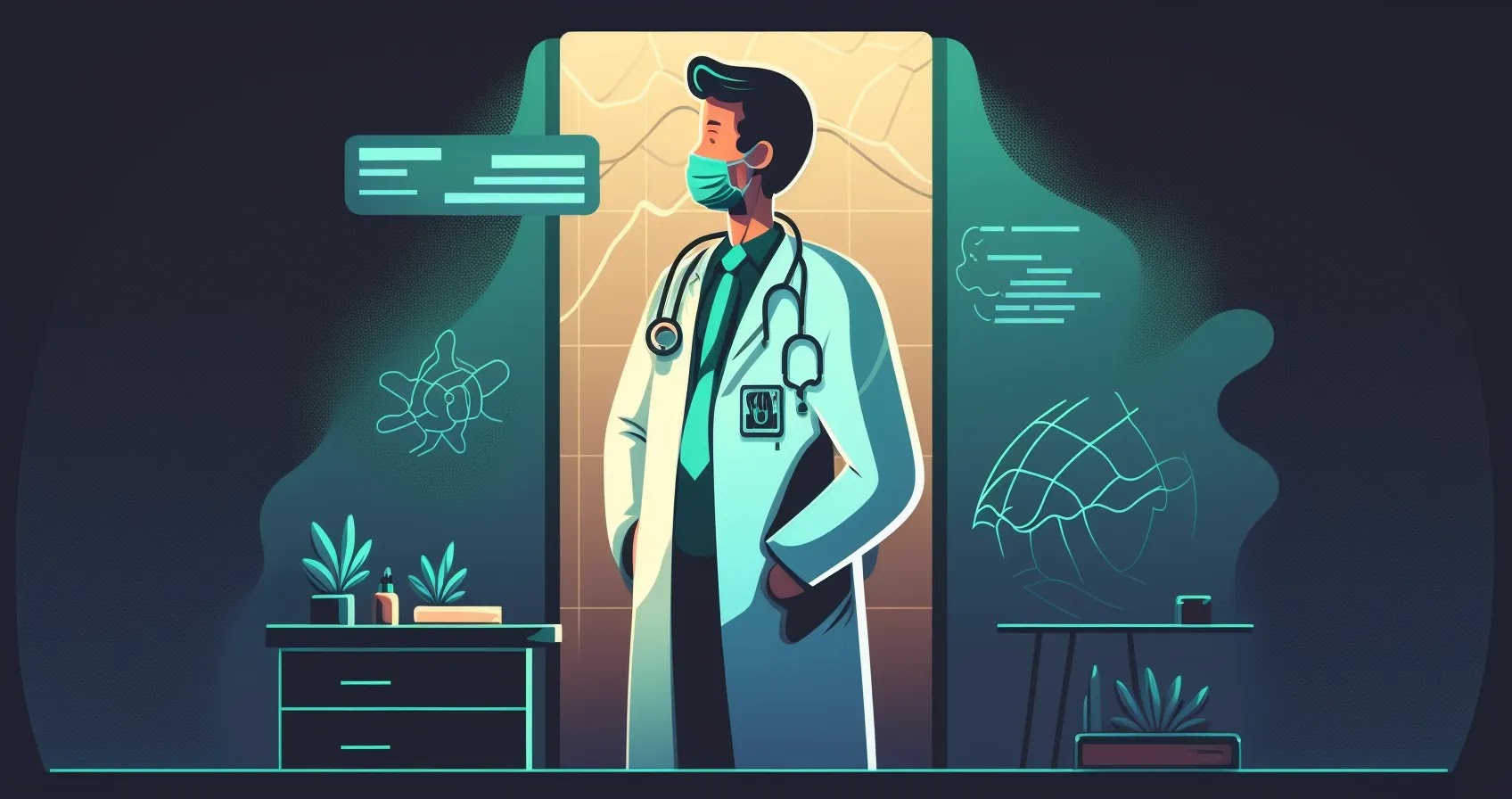If you’re interested in a career as a Lab Director, you’ll be responsible for overseeing laboratory operations, ensuring that they meet safety and quality standards, and managing a team of lab technicians and scientists.
As a Lab Director, you’ll play a crucial role in ensuring that laboratory facilities run smoothly and that accurate results are produced.

Why become a Lab Director?
There are several reasons why you may want to become a Lab Director. Firstly, it’s a highly rewarding career that allows you to work in a field that has a significant impact on society.
You’ll have the opportunity to conduct research and develop innovative solutions to real-world problems. Secondly, it’s a career that offers excellent job security and prospects for career advancement. Finally, it’s a well-paying job that provides a comfortable lifestyle and financial stability.
How to become a Lab Director
Becoming a Lab Director typically requires a combination of education, training, and experience. You’ll need to have a bachelor’s degree in a relevant field, such as biology, chemistry, or medical technology.
Some employers may prefer candidates with a master’s or doctoral degree, especially for more senior positions. Additionally, you’ll need to have several years of experience working in a laboratory setting and have demonstrated leadership and management skills.
You may also need to obtain certification from a professional organization, such as the American Society for Clinical Pathology or the American Association of Bioanalysts, to demonstrate your expertise and knowledge in the field.
Career path of a Lab Director
The career path of a Lab Director typically begins with entry-level laboratory positions, such as a lab technician or research assistant. As you gain experience and expertise, you may be promoted to a supervisory or management role, such as a Lab Manager or Assistant Lab Director. Finally, with enough experience and qualifications, you may be promoted to the position of Lab Director.
Career development
As a Lab Director, you’ll have opportunities for career development and advancement. You may choose to specialize in a particular area of laboratory science, such as clinical research or microbiology. Additionally, you may choose to pursue a higher degree, such as a master’s or doctoral degree, to advance your knowledge and expertise in the field.
Requirements of a Lab Director
Lab Directors are typically required to have a bachelor’s degree in a relevant field, such as biology or chemistry. Additionally, you’ll need to have several years of experience working in a laboratory setting and have demonstrated leadership and management skills. Some employers may prefer candidates with a master’s or doctoral degree.
Interview preparation for a Lab Director
When preparing for an interview for a Lab Director position, you should be prepared to discuss your experience and qualifications in laboratory science and management. You may be asked to provide examples of how you’ve managed laboratory operations and ensured that safety and quality standards are met. Additionally, you may be asked about your vision for the laboratory and how you plan to achieve your goals.
Work-life balance
As a Lab Director, you’ll have a demanding job that requires attention to detail and long hours. However, many employers recognize the importance of work-life balance and offer flexible schedules and remote work options. Additionally, you’ll have the opportunity to work in a field that is highly rewarding and provides a sense of fulfillment.
A day in the life of a Lab Director
| Time | Activity |
|---|---|
| 8:00 AM | Arrive at the laboratory and review daily operations |
| 9:00 AM | Meet with lab technicians to discuss ongoing projects and address any issues |
| 10:00 AM | Review laboratory reports and ensure that quality standards are met |
| 12:00 PM | Lunch break |
| 1:00 PM | Meet with senior management to discuss laboratory budgets and resources |
| 3:00 PM | Attend a conference or seminar on the latest laboratory technology and science |
| 5:00 PM | Wrap up the day and ensure that all laboratory equipment is properly stored and secured |
Wrapping up
If you’re interested in laboratory science and have strong leadership and management skills, a career as a Lab Director may be a great fit for you. With the right education, training, and experience, you can build a rewarding career in a field that has a significant impact on society.









